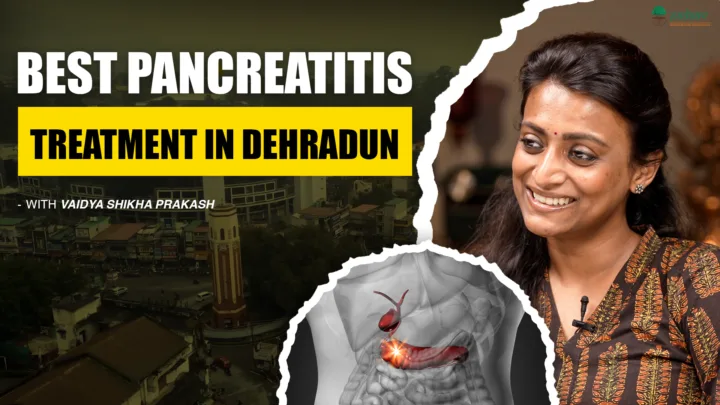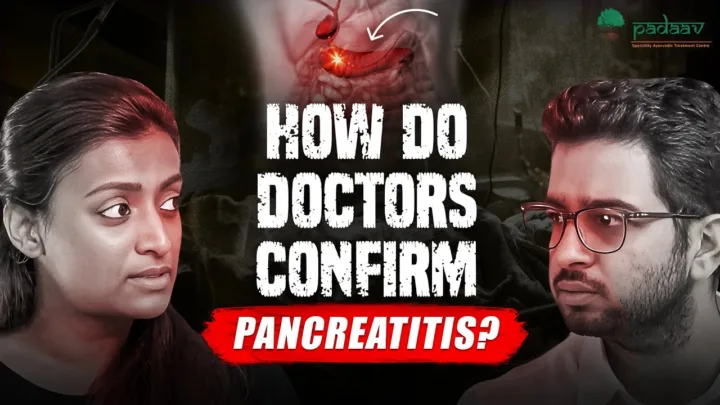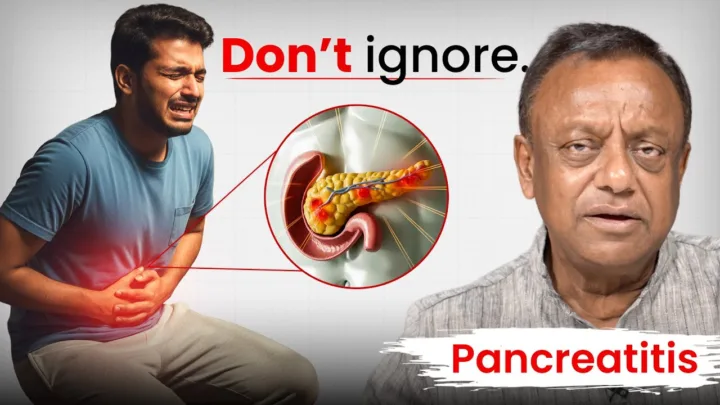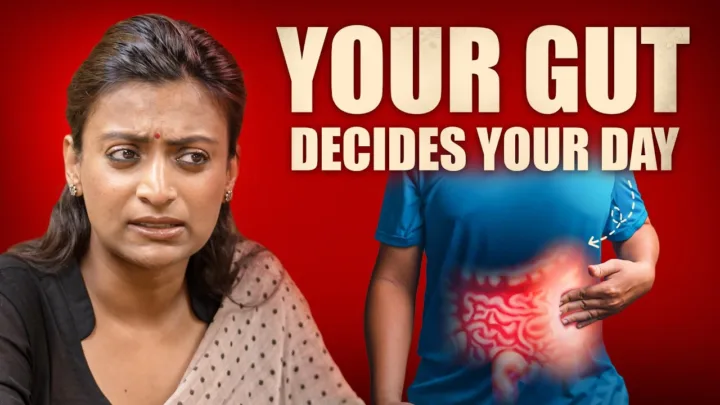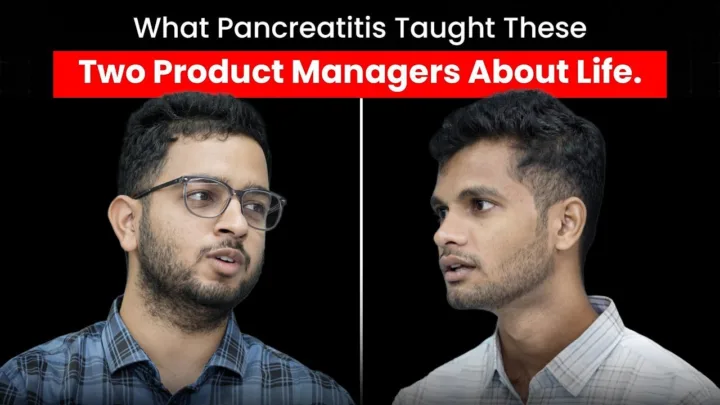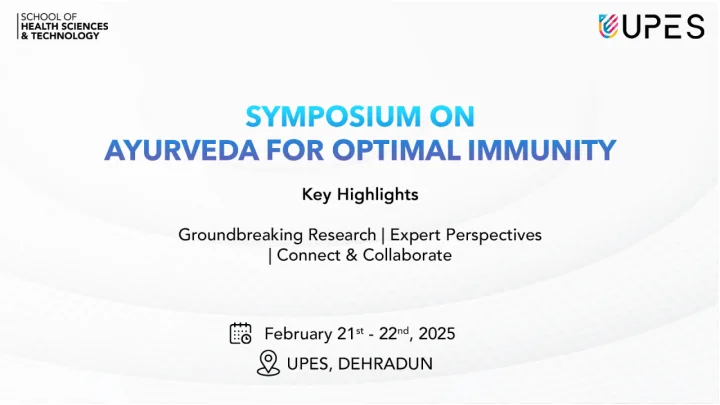This article is based on a conversation with Vaidya Balendu Prakash, a renowned practitioner, and his patients. It sheds light on the challenges of living with pancreatitis, a disease considered incurable in modern medicine, and offers a protocol-based approach to recovery.
The discussion begins with a poignant account from a patient who suffered a severe pancreatitis attack in 2022, leading to multi-organ failure and a five-day ICU stay. The patient recounts the constant fear of recurrence and the lack of a permanent solution from hospitals, which only offer symptomatic relief for pain and vomiting. Doctors, he says, often convey a bleak outlook, stating that pancreatitis is a dangerous and fatal disease with a high risk of leading to cancer, and that the pancreas, unlike the liver, does not recover. He asks Vaidya Prakash if there’s a chance the disease could return even after a year of treatment.
A Protocol Rooted in Experience
Vaidya Balendu Prakash explains the history of his family’s pancreatitis treatment protocol. In the 1970s, his late father, Vaidya Chandra Prakash, developed a unique formula. This was a remedy based on mercury, copper, and sulfur, which were detoxified over three years to create a potent medicine. This formula was found to be effective in treating severe pancreatitis. Over the years, this has evolved into a comprehensive protocol. Today, Vaidya Prakash treats over 2,000 patients from all over the world.
He clarifies that his approach is distinct from conventional treatments. While it adheres to foundational principles of health like controlling urges (such as sleep, hunger, and thirst) and avoiding stress and late-night routines, it is a separate, experience-based system. He emphasizes that he is not a gastroenterologist and may not understand the anatomy or physiology of the pancreas, but he knows how to treat it.
The session continues with individual patients sharing their stories and questions, which Vaidya Prakash addresses with a mix of medical advice, philosophical wisdom, and personal anecdotes.
A patient, Saumyashil Singh, who has had seven acute attacks, asks if his pancreas can recover. Vaidya Prakash explains the difference between acute and chronic pancreatitis. In chronic pancreatitis, structural changes like calcification, stone formation, or atrophy in the pancreas are irreversible. The goal of his treatment is to halt the progression of this damage, not to reverse it. The remaining healthy part of the pancreas can then function normally. For patients with acute inflammation, the recovery can be complete.
Diet, Lifestyle, and Discipline
Vaidya Prakash stresses that the protocol is not just about medicine; it’s a comprehensive approach encompassing Aahar (diet), Vihar (lifestyle), and Aushadh (medicine).
- Diet: The diet is simple, seasonal, and regional. It focuses on eating at fixed times, in the right quantity, and with correct food combinations. He warns against modern food combinations like “aloo paratha” and emphasizes a balanced mix of carbs, fats, and proteins. He also clarifies that their diet is not as restrictive as conventional diets prescribed for pancreatitis, as it includes oil and milk products.
- Lifestyle: The Vaidya says that a disciplined routine is paramount. He advises patients to sleep and wake up at fixed times to maintain their circadian rhythm. He points out that staying up late increases stress and inflammation.
- Stress Management: For a government official struggling with work-related stress, the Vaidya advises him to separate his professional identity from his personal life. He encourages patients to see their responsibilities as duties rather than burdens, thereby reducing stress.
Causes of Pancreatitis
Devarsh Chauhan, a patient from Jamnagar, asks if his pancreatitis was caused by smoking or alcohol, as he had only consumed alcohol three times in his life. Vaidya Prakash dismisses this as a misconception. He says that while these habits are unhealthy, they are not the sole cause of the disease. Instead, he highlights mental stress and trauma as significant triggers. He philosophically explains that “worry burns a living person, while the pyre burns the dead,” urging the patient to let go of fear and anxiety.
The Vaidya also links pancreatitis to long gaps in eating, especially skipping breakfast. He explains that this causes bile to get stagnant in the gallbladder, leading to sludge and stones. This, in turn, puts stress on the pancreas. He shares his own experience with kidney failure due to a “Keto diet” and intermittent fasting, illustrating the dangers of fad diets.
Exercise, Weight Loss, and Bodybuilding
When a young computer science student expresses his desire to build a “Bollywood style” body, Vaidya Prakash advises him to prioritize his health and life over a fleeting desire. He explains that true bodybuilding requires a full-time, long-term commitment. He also suggests that a person with pancreatitis should focus on light physical activity to stabilize the body, not for aesthetics. For a soldier who lost 20 kg, the Vaidya assures him that his weight will return once he follows the protocol, as it addresses the core issue of nutrient malabsorption.
Recurrence and Fear of Cancer
The patient from the introduction raises his concern again about the possibility of the disease returning. The Vaidya reassures him that while there is a 10% chance of recurrence, a disciplined lifestyle can prevent it. He also addresses the fear of pancreatic cancer, stating that only one of his 2,250 patients has developed cancer so far. He admits that he and his team will now be extra vigilant with all patients, especially those with a history of family or hereditary pancreatitis.
Genetics and Testing
A 13-year-old girl, Anshala, shares her story. The Vaidya notes that he is seeing a rising number of patients under the age of 11. He says that while her genetic test came back negative, she has to be extra careful due to her age and the possibility of a genetic predisposition. He also explains that her low fecal elastase test result is an indicator of exocrine deficiency, a common symptom of pancreatitis, which cannot be reversed but can be managed.
He also notes that many patients suffer from Vitamin B12 and D3 deficiencies. He says his team found that 84% of their patients had low Vitamin D3, which explains their fatigue and muscle pain.
A Message of Hope and Discipline
Vaidya Prakash concludes the session by reiterating that pancreatitis is a serious, progressive, and incurable disease in modern science, but it is treatable with the right approach. He encourages patients to embrace the discipline of the protocol, which includes eating on time, getting enough sleep, and managing their thoughts. He emphasizes that a disciplined life is the key to recovery.
He imparts a final piece of wisdom: “Jo mila hai, woh bichdega zaroor” (What has been gained will surely be lost). The body is a gift, and it is the duty of the patient to protect it. He assures everyone that with a commitment to the protocol, they can live a long and fulfilling life.

